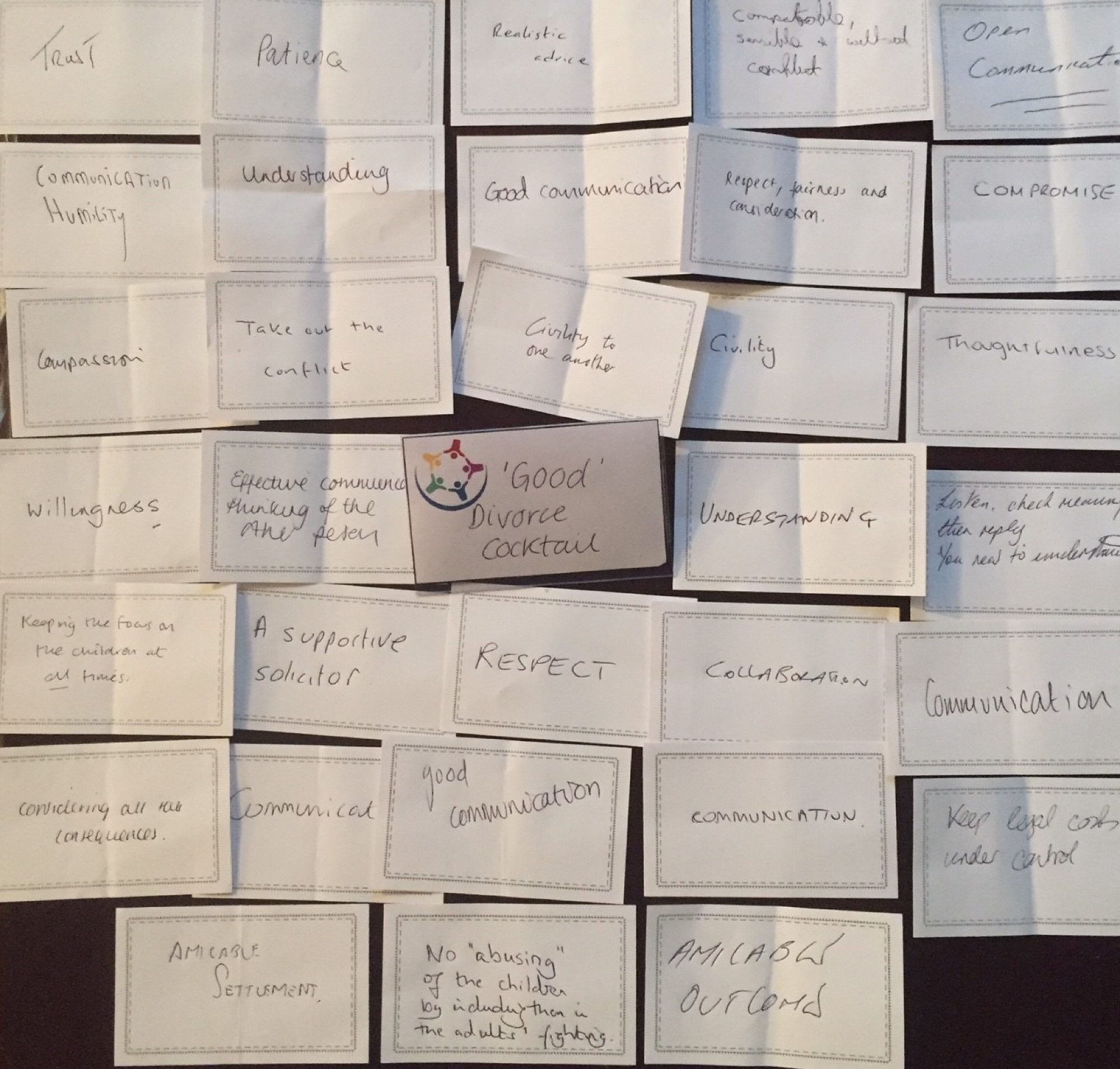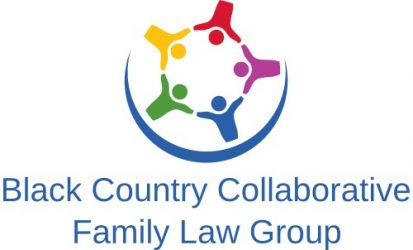There is no question that divorce and separation is a time of high stress and emotion for all parties involved, including children who are caught up in proceedings.
What is clear from research carried out by Resolution is that parties who separate or divorce using the Collaborative process properly, can often minimise much of this stress and emotional anxiety.
There has been much said and written about traditional family litigation being phased out in preference for alternative ways of resolving problems, with lawyers increasingly encouraged to work with parties to find amicable and constructive ways forward in divorce and separation matters.
Whilst the majority of clients that we now encounter respond to this kind of approach, we also acknowledge that divorce is still a difficult and painful process. Those of who practice Collaborative Family Law, can see the obvious benefits of using this process for the above reasons, but could this actually provide additional benefits in terms of time, money and future family relationships?
By entering into the Collaborative process, parties to a divorce or separation are assisted by Collaborative trained professionals who will assist them in resolving their own issues in an open and constructive environment. It is this environment that can save time and money, not only through the process, but thereafter.
By also committing not to enter into court proceedings, this also has the added advantage of removing the threat of such proceedings over the parties and encourages people to work together to find lasting outcomes for themselves and their families.
Obviously, by entering into open and constructive discussion and avoiding court proceedings, this can save considerable time and cost in terms of the processes that people employ.
However, over and above this, the way that parties interact with each other during the Collaborative process, in terms of reaching agreements around their separation, financial affairs and their children, creates a framework for future discussions and a format of resolving disputes that can work to protect the best interests of families.
When looking at the benefits of the Collaborative process, we believe that these can fairly be summarised as follows;
The protection of children
Children are often impacted by contested divorce proceedings and anyone who has gone through the court process knows how difficult this can be. By collaborating to find the best solutions for themselves and their children, parents often find a new way of communicating that is centred around the best interests of their children in the future and this can take away a huge amount of the potential distress that conflict often causes.
Saving time and money
When compared to litigation, the Collaborative process will invariably be considerably cheaper and quicker. Traditional litigation can often cause parties to become entrenched in their positions making the process slower and even more expensive over time.
The protection of extended family
Whenever there is litigation, inevitably, extended family and friends become engaged and are often forced to choose who they support. This can have long-lasting impact on both family and friends and ultimately damage longer term relationships not only with the parties but also the children at the centre of the dispute.
Privacy
In an increasing age of transparency, many clients want to keep their divorce and financial affairs out of the public domain. The Collaborative process is entirely confidential and can maintain everyone’s privacy.
In summary, we believe that the Collaborative process achieves not only a high success rate in terms of outcome, but more importantly meets parties needs and requirements in terms of preserving their dignity and respect, as well as being a timely and cost effective process . It can also have additional benefits in terms of the protection of family relationships long after any divorce or separation is concluded in a legal sense.
Contact details of qualified Collaborative professionals in the Black Country area who can provide you with more information can be found here



